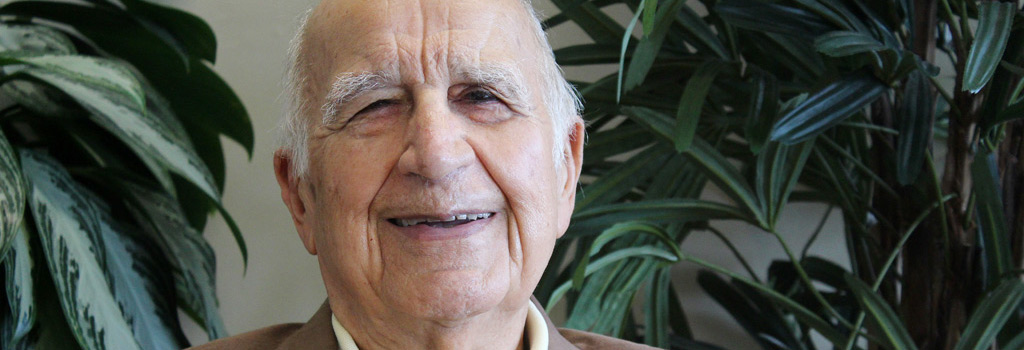Everyone should be able to see how
Justice Scalia questioned and commented about affirmative action:
Near
the end of oral argument in a high-profile affirmative-action case
Wednesday, conservative U.S. Supreme Court Justice Antonin Scalia
suggested that black students benefit from a “slower track” at less
prestigious schools and are thus harmed by affirmative action. The
comments come during a time of racial turmoil on campuses across the
country, from Yale to the University of Missouri.
“There
are those who contend that it does not benefit African-Americans to get
them into the University of Texas, where they do not do well — as
opposed to having them go to a less advanced school, a slower-track
school where they do well,” Scalia said from the bench. “One of the
briefs pointed out that most of the black scientists in this country
don’t come from schools like the University of Texas. They come from
lesser schools where they do not feel that they’re being pushed ahead in
classes that are too fast for them.”
Scalia
went on to say that it could be bad if the “really competent blacks” do
not go to these “lesser” schools because they might then not become
scientists. “I don’t think it stands to reason for the University of
Texas to admit as many blacks as possible,” he concluded.
Or what about Chief Justice Roberts?
Some
of the Supreme Court justices on Wednesday seemed to question the
utility of considering race in admissions at all, suggesting they may be
backing away from their compromise on Fisher two years ago.
“What
unique perspective does a minority student bring to a physics class?”
Chief Justice John Roberts asked at one point, challenging UT’s
contention that one of its goals was to attain classroom diversity. (In
2002, UT found that 90 percent of its classes had only one or zero black
students in them.)
Here's the actual exchange with Scalia:
JUSTICE SCALIA: There are there are
those who contend that it does not benefit
African Americans to to get them into the University
of Texas where they do not do well, as opposed to having
them go to a less advanced school, a less a
slower track school where they do well. One of one
of the briefs pointed out that that most of the
most of the black scientists in this country don't come
from schools like the University of Texas.
MR. GARRE: So this Court
JUSTICE SCALIA: They come from lesser
schools where they do not feel that they're that
they're being pushed ahead in in classes that are
too too fast for them.
MR. GARRE: This Court
JUSTICE SCALIA: I'm just not impressed by
the fact that that the University of Texas may have
fewer. Maybe it ought to have fewer. And maybe some
you know, when you take more, the number of blacks,
really competent blacks admitted to lesser schools,
turns out to be less. And and I I don't think
it it it stands to reason that it's a good thing
for the University of Texas to admit as many blacks as
possible. I just don't think
MR. GARRE: This Court heard and rejected
that argument, with respect, Justice Scalia, in the
Grutter case, a case that our opponents have and asked
this Court to overrule. If you look at the academic
performance of holistic minority admits versus the top
10 percent admits, over time, they they fare better.
And, frankly, I don't think the solution to
the problems with student body diversity can be to set
up a system in which not only are minorities going to
separate schools, they're going to inferior schools. I
think what experience shows, at Texas, California, and
Michigan, is that now is not the time and this is not
the case to roll back student body diversity in America.
Thank you, Your Honors.



 The punishments were swift. Dr. Ciftci lost his job with the Public Health Institution of Turkey after sharing the meme, and he faces a two-year prison sentence, the Turkish newspaper Today’s Zaman reported. After a judge said he did not know enough about the Tolkien creature to make an appropriate decision, five experts were ordered to conduct an investigation into Gollum’s moral character before the next phase of the trial begins in February.
The punishments were swift. Dr. Ciftci lost his job with the Public Health Institution of Turkey after sharing the meme, and he faces a two-year prison sentence, the Turkish newspaper Today’s Zaman reported. After a judge said he did not know enough about the Tolkien creature to make an appropriate decision, five experts were ordered to conduct an investigation into Gollum’s moral character before the next phase of the trial begins in February.